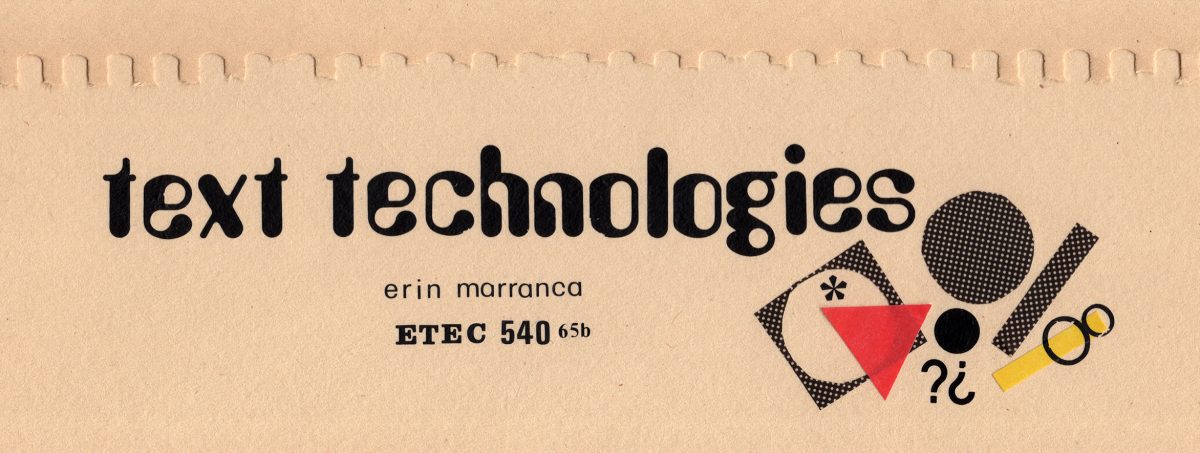The Top 10:
- Java, court gamelan, “Kinds of Flowers,” recorded by Robert Brown. 4:43
- Senegal, percussion, recorded by Charles Duvelle. 2:08
- “Johnny B. Goode,” written and performed by Chuck Berry. 2:38
- Japan, shakuhachi, “Tsuru No Sugomori” (“Crane’s Nest,”) performed by Goro Yamaguchi. 4:51
- Bach, The Well-Tempered Clavier, Book 2, Prelude and Fugue in C, No.1. Glenn Gould, piano. 4:48
- Beethoven, Fifth Symphony, First Movement, the Philharmonia Orchestra, Otto Klemperer, conductor. 7:20
- Navajo Indians, Night Chant, recorded by Willard Rhodes. 0:57
- Peru, wedding song, recorded by John Cohen. 0:38
- China, ch’in, “Flowing Streams,” performed by Kuan P’ing-hu. 7:37
- India, raga, “Jaat Kahan Ho,” sung by Surshri Kesar Bai Kerkar. 3:30
(NASA)
 Click on image to link to actual Google Map
Click on image to link to actual Google Map
It’s difficult to curate from a selection of tracks when none are what I would have originally picked for the Golden Record, and further refining an already too-short list for such an important role: representing all of humanity, was anxiety inducing. I thought of Abby Smith’s (1999) warning, “The notion on the part of many young students that, if it is not on the Web or in an online catalog, then it must not exist, has the effect of orphaning the vast majority of information resources, especially those that are not in the public domain” (para. 34). Will extraterrestrial life think these limited ten tracks is all of what we have to offer? Will they think our choice of an analog object medium is a sign of extreme intelligence, or is it evidence of our primitivism? Probably, other life forms have learned how to send information faster than light-speed, through free-flowing mind channels. It pains me to think that these are the ten songs I have to send out, I can’t help but think the aliens would relate better to Daft Punk’s Homework album or Sun Ra’s Cosmic Tones for Mental Therapy.
As was considered in the original intention of the selection, in my top-10 I wanted to include an array of representation from across the world. With that in mind, it was difficult to part from my Eurocentric (or western centric) bias, however, as I am the curator here, my opinion is what is forms this selection and an entire elimination of bias (no matter how impossible that is) was not my goal. As you can see on the map there are clusters in both Europe and North America; the orange circles represent the key origins of each track, and the yellow circles show related connections. For example, I only wanted to use one of the three Bach compositions, but I chose The Well-Tempered Clavier because it was played by Canadian classical pianist Glenn Gould, and I needed to get a Canadian connection on the elite list. On the map, Bach holds the main (orange) circle in Leipzig, Germany, and Gould gets a secondary (yellow) circle located in Toronto, Canada.
There was a significant presence of classical music on the full track listing, but I only picked single tracks from Bach and Beethoven as they represent different countries and cover different time periods. Ideally, I wanted to choose everyone from North America, but to diversify the list, I kept it minimal with indigenous representation, and Rock and Roll – yes, Blues and Jazz led the way, but Rock and Roll changed the world! Remember how great that scene is from Back to the Future? Johnny B. Goode is historically important!
With only ten options, some of the countries did not make the list. Firstly, I tried to cover off as many regions or continents as possible and to narrow it down further, then, I chose my favourites of the remaining tracks. There were multiple songs from Peru, so I picked Wedding Song, simply because I liked it – I would put that song on a mixtape for a friend.
Reference List:
NASA. (n.d.). Voyager – music on the Golden Record. Retrieved March 08, 2021, from https://voyager.jpl.nasa.gov/golden-record/whats-on-the-record/music/
Smith, A. (1999). Why digitize? Retrieved March 08, 2021, from Council on Library and Information Resources website: https://www.clir.org/pubs/reports/pub80-smith/pub80-2/
